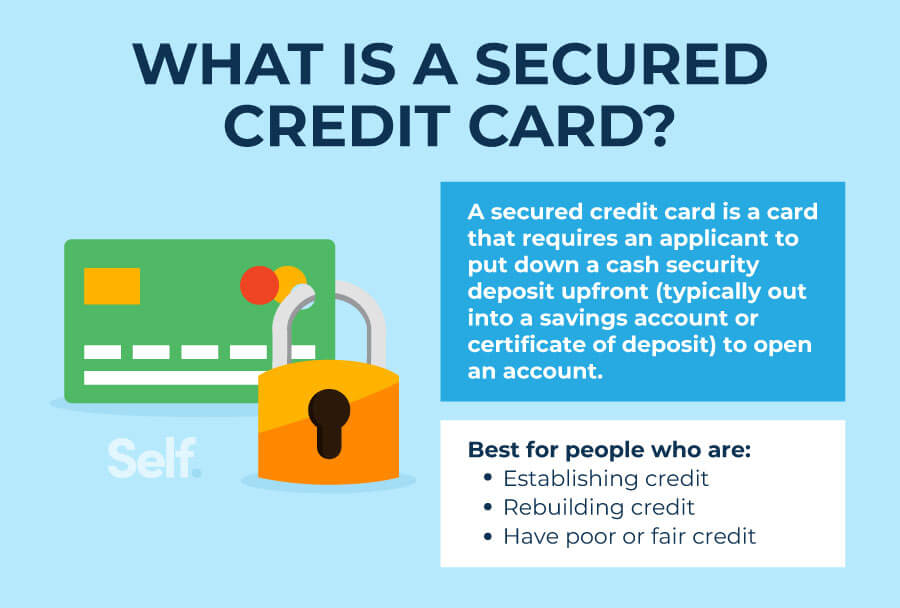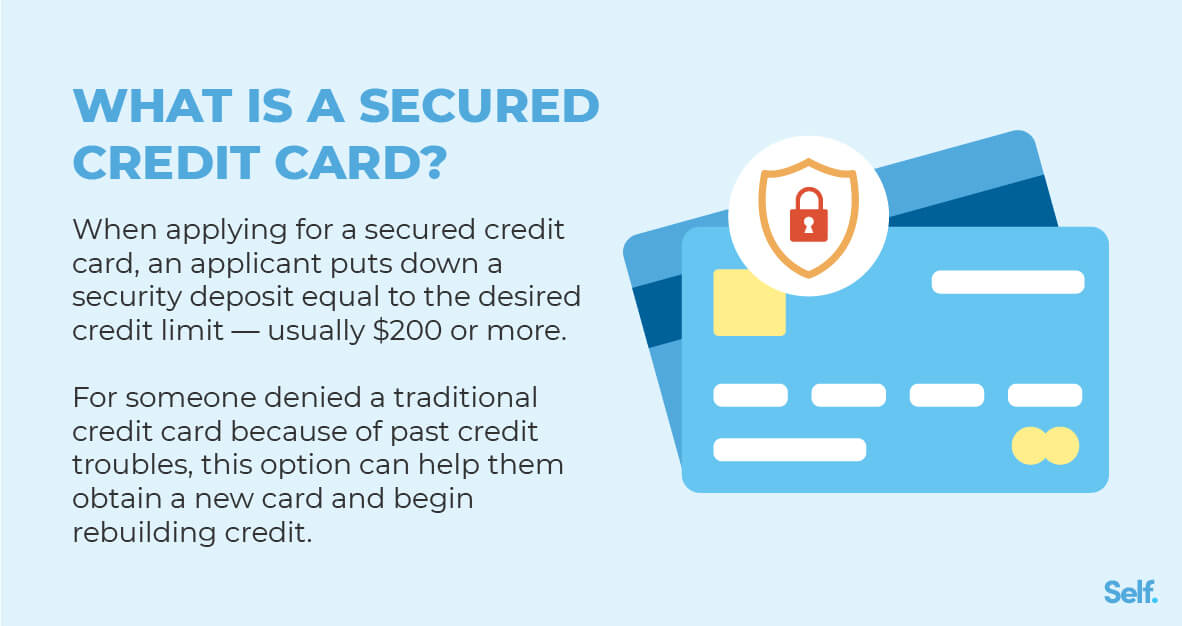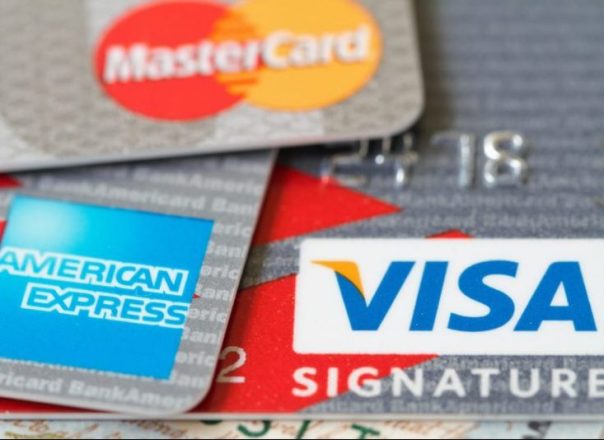How to Choose a Credit Card for Bad Credit
Choosing the right credit card is crucial when rebuilding credit. A good credit card can help establish a positive credit history, while a bad one can exacerbate credit problems. With so many options available, it’s essential to know what to look for in a credit card for bad credit. In this article, we’ll review some of the best credit cards for rebuilding credit and provide tips on how to choose the right one for your needs.
When searching for good credit cards for rebuilding credit, consider the following factors. Look for cards with low fees, reasonable interest rates, and flexible credit limits. These features can help individuals with bad credit establish a positive credit history and improve their credit score over time. Additionally, consider cards that offer rewards programs, such as cashback or travel points, to incentivize responsible spending habits.
It’s also important to understand the different types of credit cards available for bad credit. Secured credit cards, for example, require a security deposit and are often easier to get approved for. Unsecured credit cards, on the other hand, do not require a deposit but may have stricter approval requirements. By understanding the pros and cons of each type of card, you can make an informed decision about which one is right for you.
In the following sections, we’ll delve deeper into the key features to look for in a credit card for bad credit, as well as review some of the top credit cards for rebuilding credit. By the end of this article, you’ll have a better understanding of how to choose a credit card that can help you achieve your credit rebuilding goals.
Understanding Credit Card Features for Rebuilding Credit
When searching for good credit cards for rebuilding credit, it’s essential to understand the key features that can help individuals with bad credit establish a positive credit history. One of the most critical factors to consider is the fee structure. Look for credit cards with low or no annual fees, as well as minimal late payment fees. These fees can quickly add up and exacerbate credit problems.
Another crucial feature to consider is the interest rate. While it’s unlikely to find a credit card with a low interest rate when rebuilding credit, look for cards with reasonable rates that won’t compound debt quickly. Some credit cards may offer introductory APRs or promotional rates, but be aware of the regular APR that will apply after the promotional period ends.
Credit limits are also an essential feature to consider when rebuilding credit. Look for credit cards with flexible credit limits that can be adjusted as your credit score improves. This can help you avoid overspending and reduce the risk of accumulating debt. Additionally, consider credit cards that offer credit limit increases over time, as this can help you establish a positive credit history.
Finally, consider credit cards that offer rewards programs or other benefits that can incentivize responsible spending habits. While these benefits may not be as generous as those offered by credit cards for good credit, they can still provide value and help you stay motivated to rebuild your credit.
By understanding these key features, you can make an informed decision about which credit card is right for your needs. In the next section, we’ll explore secured credit cards as a viable option for rebuilding credit.
Secured Credit Cards: A Good Option for Rebuilding Credit
Secured credit cards are a viable option for individuals with bad credit who are looking to rebuild their credit history. These cards require a security deposit, which is typically equal to the credit limit, and are often easier to get approved for than unsecured credit cards. The security deposit acts as collateral, reducing the risk for the lender and making it more likely for the borrower to be approved.
One of the benefits of secured credit cards is that they often have lower fees than unsecured credit cards. This is because the lender has less risk, as the security deposit can be used to cover any outstanding balances. Additionally, secured credit cards may have more lenient approval requirements, making them a good option for individuals with poor credit.
Secured credit cards can also help individuals with bad credit establish a positive credit history. By making on-time payments and keeping credit utilization low, borrowers can demonstrate responsible credit behavior and improve their credit score over time. Some secured credit cards may also offer rewards programs or other benefits, such as credit limit increases, to incentivize responsible spending habits.
When shopping for a secured credit card, look for cards with low fees, reasonable interest rates, and flexible credit limits. Some popular secured credit cards include the Discover it Secured and the Capital One Secured Mastercard. These cards offer competitive terms and benefits, making them a good option for individuals with bad credit who are looking to rebuild their credit history.
In the next section, we’ll discuss unsecured credit cards for bad credit, including their pros and cons, and how they differ from secured credit cards.
Unsecured Credit Cards for Bad Credit: What to Expect
Unsecured credit cards for bad credit are another option for individuals looking to rebuild their credit history. Unlike secured credit cards, unsecured credit cards do not require a security deposit and may offer higher credit limits and rewards programs. However, they often come with higher fees and interest rates, making them a more expensive option for borrowers.
One of the benefits of unsecured credit cards for bad credit is that they can offer more flexible credit limits and rewards programs. Some unsecured credit cards may offer cashback rewards, travel points, or other benefits that can incentivize responsible spending habits. Additionally, unsecured credit cards may have more lenient approval requirements than traditional credit cards, making them a good option for individuals with poor credit.
However, unsecured credit cards for bad credit also come with some drawbacks. They often have higher fees, including annual fees, late payment fees, and interest charges. Additionally, the interest rates on unsecured credit cards can be higher than those on secured credit cards, making it more difficult for borrowers to pay off their balances.
When shopping for an unsecured credit card for bad credit, look for cards with reasonable fees and interest rates. Some popular unsecured credit cards for bad credit include the Credit One Bank Platinum Visa Credit Card and the Indigo Mastercard. These cards offer competitive terms and benefits, making them a good option for individuals with bad credit who are looking to rebuild their credit history.
In the next section, we’ll review and compare some of the top credit cards for rebuilding credit, including the Discover it Secured, Capital One Secured Mastercard, and Credit One Bank Platinum Visa Credit Card.
Top Credit Cards for Rebuilding Credit: Reviews and Comparisons
When it comes to rebuilding credit, choosing the right credit card is crucial. In this section, we’ll review and compare some of the top credit cards for rebuilding credit, including the Discover it Secured, Capital One Secured Mastercard, and Credit One Bank Platinum Visa Credit Card.
The Discover it Secured is a popular choice for rebuilding credit, offering a low annual fee and no foreign transaction fees. This card also offers 1% – 2% cashback rewards on purchases, making it a great option for individuals who want to earn rewards while rebuilding their credit.
The Capital One Secured Mastercard is another top choice for rebuilding credit, offering a low annual fee and no foreign transaction fees. This card also offers access to a higher credit limit with a security deposit, making it a great option for individuals who want to establish a positive credit history.
The Credit One Bank Platinum Visa Credit Card is a good option for individuals with bad credit who want to rebuild their credit history. This card offers a low annual fee and no foreign transaction fees, as well as 1% cashback rewards on purchases. However, this card has a higher interest rate than the other two options, making it less desirable for individuals who plan to carry a balance.
When choosing a credit card for rebuilding credit, it’s essential to consider the fees, interest rates, and rewards programs. By comparing these features, individuals can make an informed decision about which credit card is right for their needs.
In the next section, we’ll discuss the importance of using a credit card responsibly when rebuilding credit, including tips for making on-time payments, keeping credit utilization low, and monitoring credit reports.
Using a Credit Card Responsibly to Rebuild Credit
Using a credit card responsibly is crucial when rebuilding credit. By making on-time payments, keeping credit utilization low, and monitoring credit reports, individuals can demonstrate responsible credit behavior and improve their credit score over time.
Making on-time payments is essential when rebuilding credit. Late payments can negatively impact credit scores, so it’s essential to set up payment reminders or automate payments to ensure timely payments. Additionally, keeping credit utilization low can help improve credit scores. Aim to keep credit utilization below 30% to demonstrate responsible credit behavior.
Monitoring credit reports is also crucial when rebuilding credit. By checking credit reports regularly, individuals can identify errors or inaccuracies that may be negatively impacting their credit score. Disputing errors and inaccuracies can help improve credit scores and ensure that credit reports are accurate.
Another important aspect of using a credit card responsibly is to avoid overspending. By setting a budget and sticking to it, individuals can avoid accumulating debt and negatively impacting their credit score. Additionally, avoiding credit card traps such as high fees and high interest rates can help individuals save money and improve their credit score.
By using a credit card responsibly, individuals can demonstrate responsible credit behavior and improve their credit score over time. In the next section, we’ll discuss common credit card traps to avoid when rebuilding credit and offer advice on how to make informed decisions.
Avoiding Credit Card Traps: What to Watch Out For
When rebuilding credit, it’s essential to avoid common credit card traps that can exacerbate credit problems. One of the most significant traps to watch out for is high fees. Many credit cards for bad credit come with high fees, including annual fees, late payment fees, and interest charges. These fees can quickly add up and make it difficult to pay off the balance.
Another trap to avoid is high interest rates. Many credit cards for bad credit come with high interest rates, which can make it difficult to pay off the balance. Additionally, some credit cards may have predatory lending practices, such as hidden fees or confusing terms. It’s essential to read the fine print and understand the terms and conditions before applying for a credit card.
To avoid these traps, it’s essential to do your research and compare different credit cards. Look for credit cards with low fees, reasonable interest rates, and flexible credit limits. Additionally, read reviews and check the credit card issuer’s reputation to ensure that you’re working with a reputable company.
By avoiding common credit card traps, individuals can make informed decisions and choose a credit card that will help them rebuild their credit. In the next section, we’ll conclude the article by emphasizing the importance of patience, discipline, and responsible financial habits when rebuilding credit.
Rebuilding Credit: A Long-Term Strategy
Rebuilding credit is a long-term strategy that requires patience, discipline, and responsible financial habits. It’s essential to stay committed to your credit rebuilding goals and avoid common pitfalls that can set you back. By choosing the right credit card, using it responsibly, and avoiding credit card traps, you can establish a positive credit history and improve your credit score over time.
Remember, rebuilding credit is a marathon, not a sprint. It takes time, effort, and dedication to achieve your goals. By staying focused and committed, you can overcome credit challenges and achieve financial stability. Don’t be discouraged by setbacks or disappointments – instead, learn from your mistakes and use them as opportunities to grow and improve.
Finally, remember that good credit cards for rebuilding credit are just one tool in your credit rebuilding arsenal. By combining a good credit card with responsible financial habits, such as making on-time payments and keeping credit utilization low, you can achieve long-term credit success. Stay committed, stay patient, and you’ll be on your way to a stronger, healthier credit profile.








